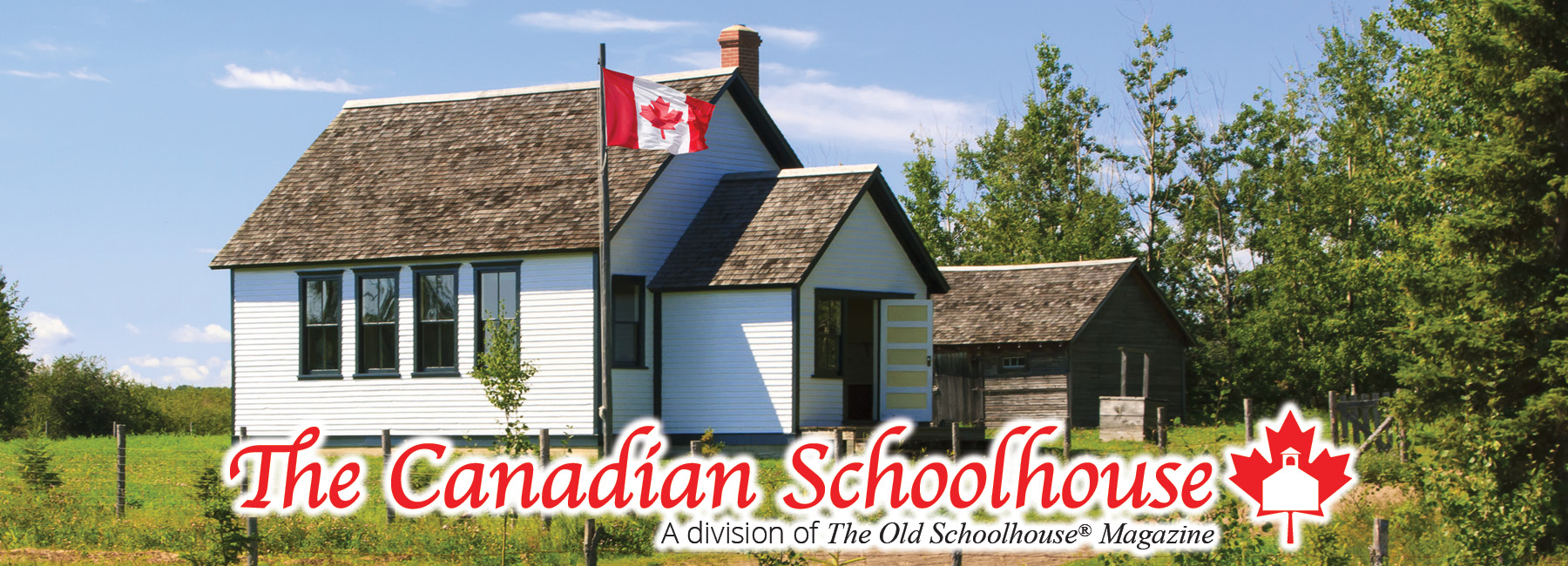
As Canadians, we have a lot of freedoms including the ability to homeschool our children. This is a great advantage to families that are always on the go. They can pick up their curriculum, gather the children in the car and go wherever they desire with no limits.
But how did homeschooling become possible in Canada? What is the actual history of this and how long has it been going on? We are hoping to answer these questions and more as we look into the history of homeschooling in Canada.
Homeschooling has always been around, albeit in centuries past it would have been considered as one of the responsibilities of raising children.
In the 1970s, it started to become more popular, and a trend began in what is now known as homeschooling. In Canada, about 1% of the population is currently being home schooled. Please see this reference guide that lays it out more in easy-to-understand terms. https://www.fraserinstitute.org/blogs/homeschooling-has-grown-substantially-in-canada-over-past-five-years
The reasons people choose to keep their children out of the public school system vary. For many, it is a belief issue, and we are wanting to do what we feel led by the Lord to do. But there are a bunch of other communities and reasons that people are doing this. The estimated number of children in Canada that are being home schooled is in the range of 47,500 to 95,000. While the number is significantly smaller than the American one, it is continually growing as more people are learning of this community and all the options available.
Getting back to the history and how this movement began, let's look into the beginning of this movement. In the 1960s, a group of parents and activist teachers started an alternative education movement because they did not like the public school system and how they had too much authority and were unlikely to change. They started small groups of children where the teaching styles were free and adaptable for the child's learning style. But by the 1970s, they evolved into alternative schools which was not a good thing as they were once again under the jurisdiction of the public school system.
For a lot of families, this was not a good thing and unacceptable at all. So what they decided to do was to stop registering them into any school system at all. This was already being done in the U.S. so Canadians started to do it as well. This was the start of the homeschool movement. More people wanted to control what and how their children were being taught. At the time, it was all new and there were no support groups to go to so it equaled out to what is now known as "unschooling," child-led and unstructured.
Unlike homeschooling in some places in the U.S., homeschooling has always been legal in Canada. Though the rules and procedures differ from province to province, they all recognize the parents' rights to school their own children. In the early '80s, this right was not understood very well which led to school authorities trying to intimidate the parents. Due to all this, groups were formed to protect the parents' rights and eventually led to the Canadian Charter of Rights and Freedoms being put into place.
Now when we homeschool, we fare a lot better than in the beginning. We have several support groups, legal protection, and a ton of options on extra curricular activities with other homeschoolers. We also have a wide range of curriculum to choose from and different programs to use, SchoolhouseTeachers.com being among them. There are also a variety of styles: unschooling, Charlotte Mason, Montessori, classical, school-at-home, unit studies, and eclectic education. See the Comprehensive Guide to Homeschool Styles to discover more details about the different styles and get more resources that share the history of those methods.

Photo of a prairie classroom in 1915 courtesy of the Canadian Encyclopedia
In the very early years of Canadian history, schooling was unimportant. Most people in rural Lower Canada were illiterate as they did not find education of any value. They believed more in getting up and doing their farming chores and included their children in these daily tasks, teaching them the skills need for their lifestyle.
But loyalists and American immigrants believed that everyone needed a formal education. In 1846, the united province of Canada passed the Common School Act which took the choice of education out of the parents' hands. However, it still remained something that a small minority was actually getting, depending on how upper class they were. Education became something known as a rich person's lifestyle.
In farming communities, the children helped their parents earn a living. Therefore, they were involved in farming, gardening, spinning and land clearing. The young men had an apprenticeship system that trained them for certain trades. But in rural France, the families were teaching their children the religious values and beliefs as well as educating them with their schoolwork. By the 18th century, only 1 out of 7 people could sign their name. It was also more common for boys to be educated than girls as they were to be running the homestead.
As time went on, the idea of schooling became more common, and in the 19th century, things began to be put into place to make it mandatory. The government and parents began to work together to build a system that parents would agree to let their children be put in a classroom and be taught by teachers. The leading educators stated that putting children in a public school system would benefit the child not only in an academic education but would cut down on crime, poverty and any other problems that were faced. They believed everyone would become equal as they all shared the same knowledge.
But many parents soon learned that not all children learn at the same pace or in the same way. They did not like the idea that all children were to be fit in one type of learning style. Christians also did not like the idea that their children were taught things that just did not go along with their beliefs. Things such as the theory of evolution or the big bang theory were starting to confuse the children. Also later on in the 20th century, God was completely removed from any curriculum or talk in the public schools so as not to offend anyone. This made parents want to take control and teach their children things based on their beliefs according to Scripture.
Others knew their children could excel in anything as long as they had the opportunity to learn at their own pace and learning style. Today, more and more parents are stepping out of the box of the public school system and taking it upon themselves to ensure that their children are getting the proper education. For more facts and stories on the history of education, check out The Canadian Encyclopedia.
Proverbs 22:6
Train up a child in the way he should go: and when he is old, he will not depart from it.
Homeschooling Fun Facts and Resources

Lisa Marie Fletcher from The Canadian Homeschooler has compiled lots of great resources in her e-book How to Homeschool in Canada.
Rebecca Spooner from Homeschool On has a super interesting post on 25 Things You Need to Know About Homeschooling in Canada. It provides interesting facts about different provinces and any benefits they have.
The Ontario Federation for Teaching Parents has a Famous Homeschoolers list. In centuries past, some of the 'greats' in the world have been educated by their parents and provided a learning environment that was geared for the individual. You may be surprised at some of well-known people in history and that are alive today that have been homeschooled!
Business Insider published an articles that shared how educating children is actually the smartest way to teach children today! Check out, Homeschooling could be the smartest way to teach kids in the 21st century — here are 5 reasons why.
Learn about John Holt who is considered one of the major advocates for home education in our time. This biography from Encyclopedia Britannica profiles the life, views and actions of this supporter of child-led learning and is good for you and your children to know about.
"Train up a child in the way he should go and when he is old, he will not depart from it" (Proverbs 22:6).






















